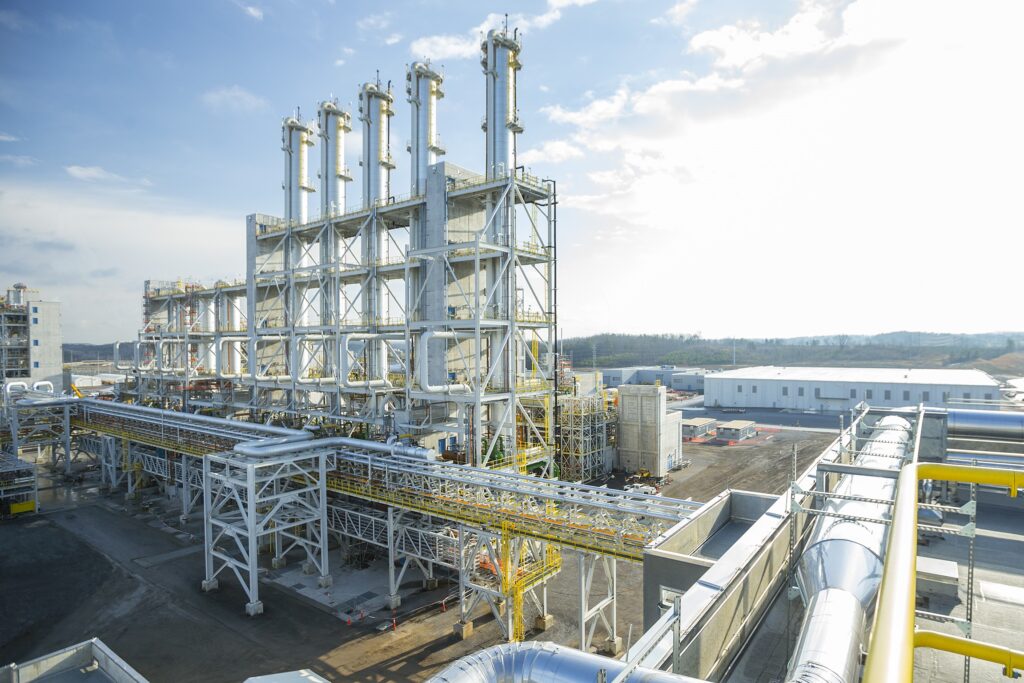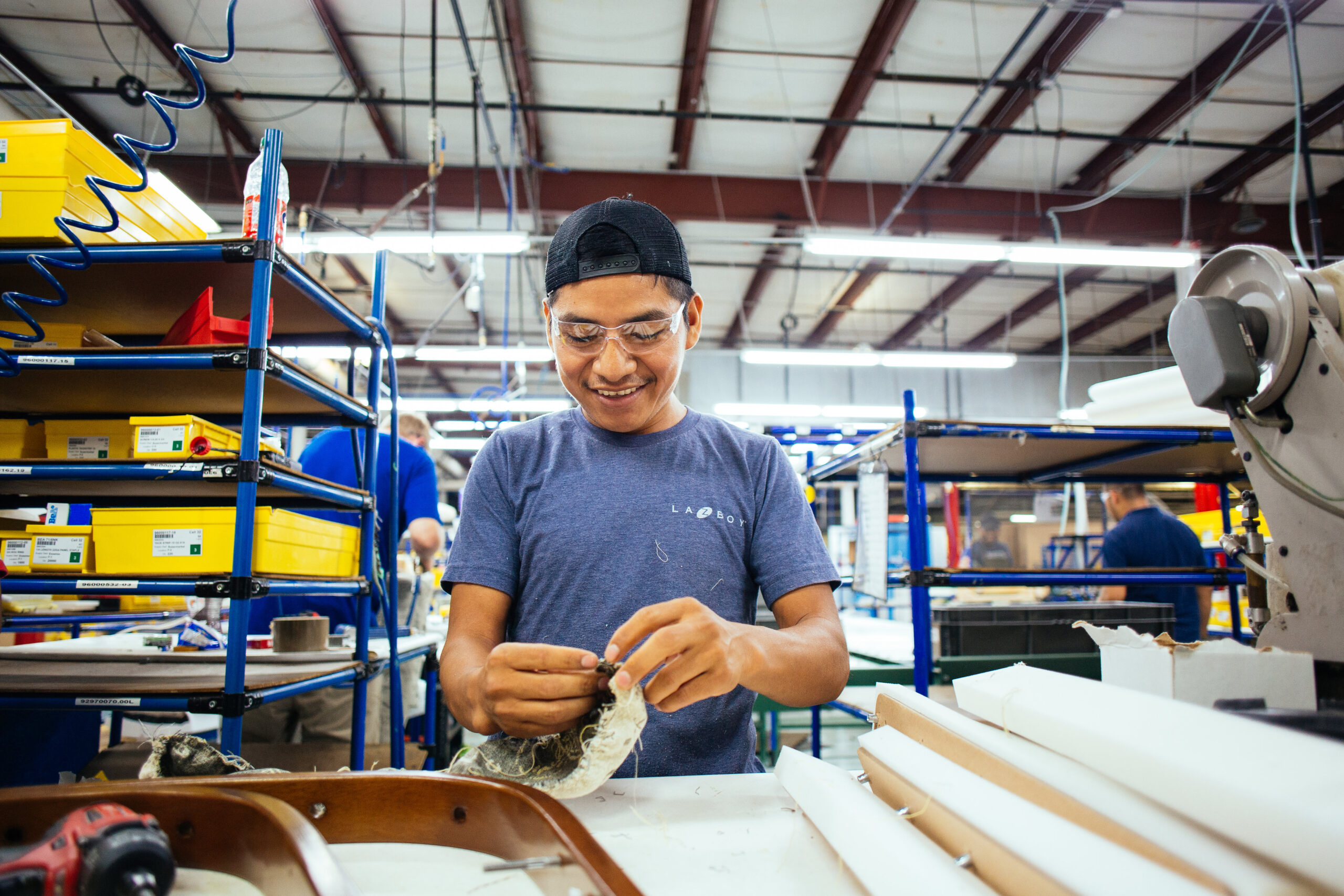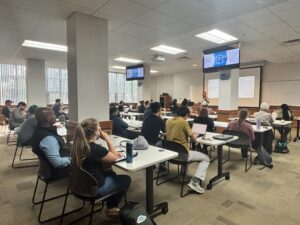Among Chattanooga’s economic landscape is a crucial element that has shaped its prosperity for nearly nine decades: Foreign Trade Zones (FTZs). The FTZ program was started 90 years ago but has only been available in Chattanooga since 1986. Created in 1934 under the Foreign Trade Zones Act during the Great Depression, these designated areas allow companies that import products to a manufacturer to find relief from inverted tariffs, reduce or eliminate customs duties and create a more seamless route for logistics. Steve Hiatt, Director of Existing Business Development at the Chattanooga Chamber of Commerce, spoke to TREND and provided a comprehensive understanding of how these zones have enhanced the city’s economic growth.
As of 2021, Chattanooga has created over 5,500 direct employment jobs, an economic output of $4.9 billion, exports surpassing $1 billion and a value-added of $750 million and beyond, reflecting the substantial impact of FTZs on the local economy. In this Q&A article, we explore the intricacies of Foreign Trade Zones and their role in shaping Chattanooga’s economy.

TREND: How are foreign trade zones established and regulated in the United States, and specifically in Chattanooga, Tennessee?
The Chattanooga Chamber Foundation is the guarantee for Foreign Trade Zone 134, established in 1986. Virtually every major city has a Foreign Trade Zone available for business and industry. As a community or economic development group, you submit an application to the Foreign Trade Zone board, now part of Customs and Border Protection. Once submitted, you may be granted Foreign Trade Zone status.
Oftentimes, you will designate a certain part of your community such as an industrial park or manufacturing buildings, but many times you can have the entire community defined as the Foreign Trade Zone. Regardless of where a company locates within that community, they can apply for Zone incentives.
TREND: Can you provide an overview of the history and evolution of foreign trade zones in the U.S. and their importance to the national economy?
It started out in 1986 and the Foreign Trade Zone in Chattanooga initially covered a 300-acre site on Amnicola Highway at the Hamilton County-developed industrial park, Center South Industrial River Port. At that time, the 365,000 sqft warehouse across Amnicola Highway and the industrial river port were the only foreign trade zones in Chattanooga and the region.
A few years later, the city and county applied to expand the zone to the recently developed Enterprise South Industrial Park and a few other industrial parks and industrial/warehouse buildings. The Foreign Trade Zone Board introduced the “alternative site framework” several years later. This framework allowed projects to be located within 11 counties in Southeast Tennessee. The alternative site framework allows FTZs to be established without regard to specific geographic boundaries.
TREND: What industries or types of businesses typically benefit the most from operating within FTZs, and are there specific examples in Chattanooga?
The automotive sector, with companies like Volkswagen, and the chemical industry. It’s all dependent on what you import and any company, not just manufacturers, that has an inverse tariff situation will benefit. The industries we have in the Chattanooga FTZ are Volkswagen, Wacker, Sofix, La-Z-Boy and Komatsu.
TREND: Are there any challenges or potential drawbacks associated with operating within an FTZ that businesses in Chattanooga should be aware of?
Many times, we will evaluate whether or not the company has enough value in their imports for it to be of value to them based on the costs to operate an FTZ that include upgraded security systems, software and annual fees. However, if they can save enough on their tariffs to do the administrative work required to become an FTZ, it is certainly worth it.
TREND: What does the future hold for foreign trade zones in Chattanooga, and how might they evolve to meet the changing needs of businesses and the global trade landscape?
The future, I hope, would be that more companies utilize the opportunities afforded in a foreign trade zone. Anytime I hear from a company that imports products, I talk to them about foreign trade zones and how it might benefit them.
For businesses interested in exploring the possibilities of FTZs further or seeking personalized guidance, reach out to Steve Hiatt, the Director of Existing Business Development at the Chattanooga Chamber of Commerce, for valuable insights and assistance in navigating this dynamic landscape.











